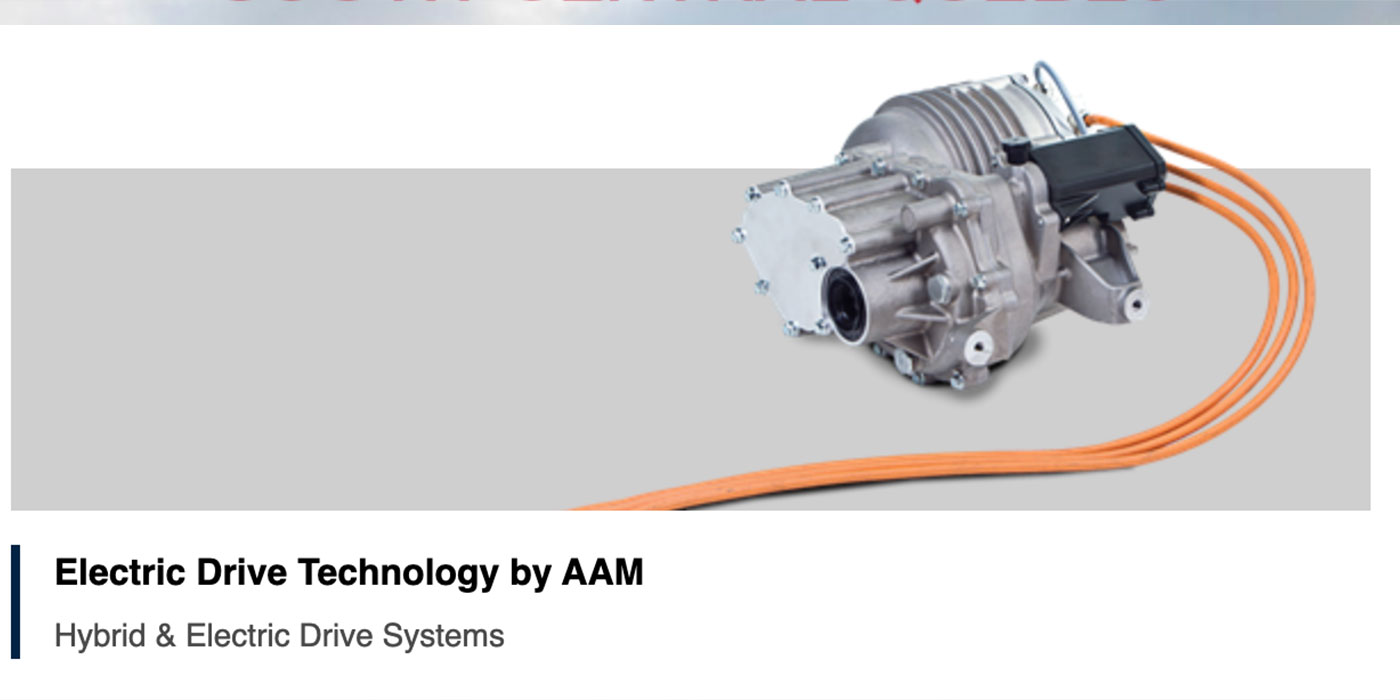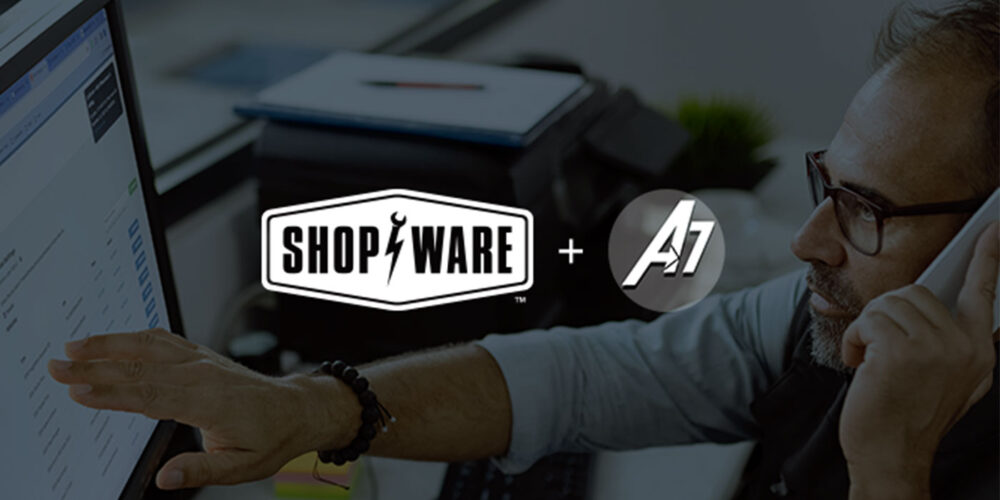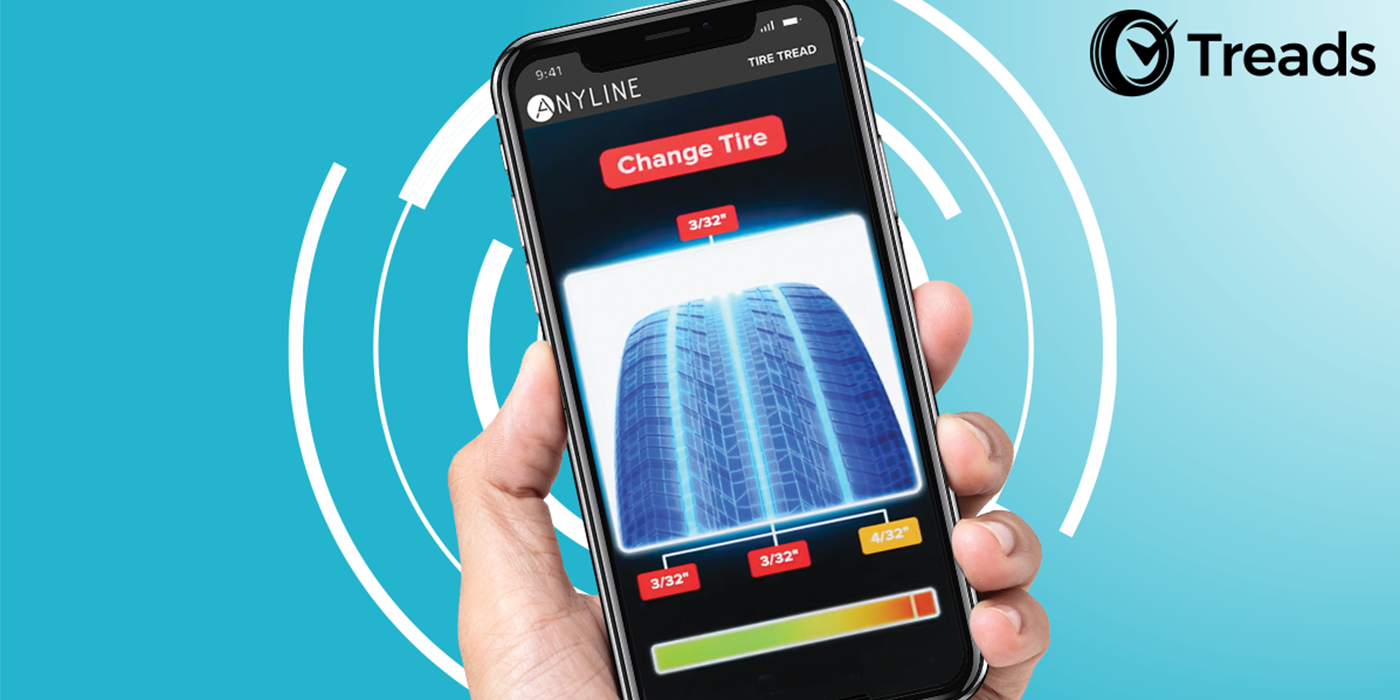Brand loyalty among U.S. consumers for new vehicles dropped to a six-year low in June, according to new analysis from IHS Markit. Analysis of new vehicle registration data through June indicates that the overall brand loyalty rate of 51 percent in the U.S. market is the lowest since August 2015. This decline in loyalty is inevitably due, at least in part, to the major declines in dealer inventory stemming from the global microchip shortage.
Year over year, IHS Markit new vehicle registration data indicates that brand loyalty in the U.S. fell by 1.7 percentage points (PP) to 51 percent in June (vs. June 2020). This follows a 2.5 PP drop year-over-year in May and a 2.8 PP decline in April. The aggregated three-month brand loyalty in 2021 was 51.6 percent, down from 54 percent a year ago and 54.1 percent two years ago.
While consumers are changing brands, body style loyalty remains strong, increasing slightly – national overall body style loyalty rose 1.1 percentage points in June (year-over-year) to 55.5 percent.
The three dominant body styles, including sedan, pickup and sport utility, all experienced loyalty improvements, with sedan up 2.4 percentage points, pickup up half a percentage point, and SUVs up 0.3 percentage points. These three body styles accounted for 90 percent of all new vehicle retail transactions in the first six months of the year.
“Households with a pickup in the garage like the concept of a pickup, and therefore will acquire another one,” said Tom Libby, associate director of loyalty and industry analysis at IHS Markit, “But their likelihood of staying loyal to the brand of their pickup has diminished.”
The propensity of a household with a pickup in the garage to acquire another pickup has risen slightly to 50.8 percent, but the household’s loyalty to the brand of the pickup in the garage has dropped 3 PP to 53.3 percent in the past year. Again, it is likely inventory is playing a role, as the industry has encountered recent lows not experienced in quite some time.
These shifts indicate that there are both risks and opportunities for OEMs and their marketing teams in today’s new vehicle marketplace. “Obviously a major risk is that due to lack of inventory, a brand’s existing owners now are more likely to defect to another brand than they have been in quite a while,” said Libby. “One approach to minimizing defections would be to offer lease extensions to existing lessees. Regarding opportunities, brands can conquest competitors through enticing marketing messages focused on a brand’s or model’s differential advantages.”
IHS Markit Loyalty Methodology
Loyalty is determined when a household that owns a new vehicle returns to market and purchases or leases another new vehicle of the same make, model or manufacturer. The newly acquired vehicle is either a replacement or an addition to the household fleet.
IHS Markit has been tracking automotive loyalty for more than 25 years and is relied upon by major automakers and their marketing partners to effectively manage owner loyalty and conquest efforts through in-depth research and analysis of automotive shopping behaviors, related market influencers and conquest and retention strategies.














